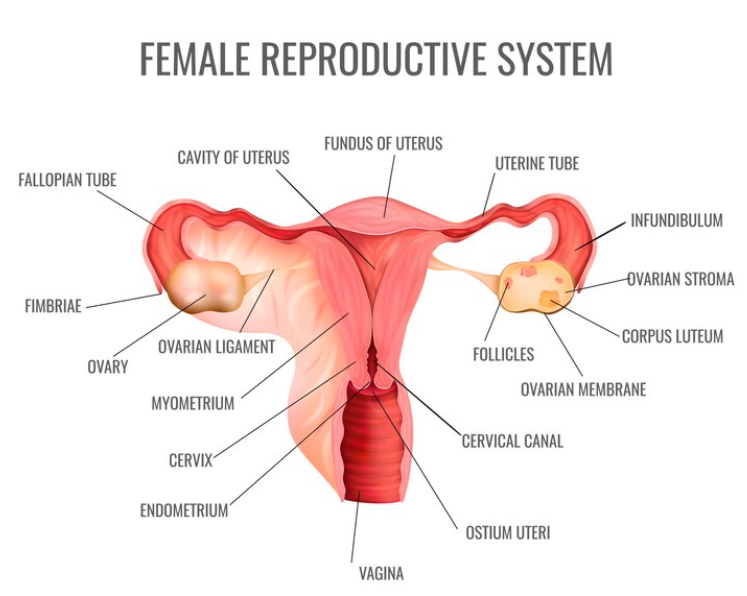Cervical cancer
Cervical Cancer
Cervical cancer, a significant public health concern globally, affects the cervix, which is the lower part of the uterus. It often begins as pre-cancerous changes in the cells on the surface of the cervix, which can develop into cancer over time. Early detection through screening tests like Pap smears and HPV testing can greatly improve outcomes, as symptoms may not manifest until the disease is advanced. Factors such as vaccination against HPV, practicing safe sex, and regular screenings play crucial roles in prevention.
Treatment options vary depending on the stage of cancer but may include surgery, chemotherapy, radiation therapy, and targeted therapies. Increased awareness, coupled with regular screenings and healthy lifestyle choices, is paramount in combating this disease.
Risk Factors
- Human papillomavirus (HPV) infection: The primary risk factor for cervical cancer.
- Smoking: Increases the risk of cervical cancer, especially in women with HPV.
- Weak immune system: Due to conditions like HIV/AIDS or immunosuppressive drugs.
- Long-term use of oral contraceptives: Increases risk, especially after many years of use.
- Multiple full-term pregnancies: Having many full-term pregnancies can increase the risk.
- Early sexual activity: Increases the likelihood of HPV infection.
Symptoms
- Abnormal vaginal bleeding (after intercourse, between periods, or after menopause)
- Unusual vaginal discharge (watery, bloody, or foul-smelling)
- Pelvic pain or pain during intercourse
Diagnosis
- Screening tests: Pap smear and HPV testing are commonly used for early detection.
- Diagnostic tests: Colposcopy, biopsy, and imaging tests like CT scans, MRIs, or PET scans may be performed to determine the extent and stage of the cancer.
Treatment
- Surgery: Options include hysterectomy (removal of the uterus and cervix) and trachelectomy (removal of the cervix while preserving the uterus).
- Radiation therapy: High-energy beams are used to kill cancer cells or stop them from growing.
- Chemotherapy: Drugs are used to kill cancer cells or stop them from growing.
- Targeted therapy: Drugs or other substances specifically target cancer cells without harming normal cells.
Cervical cancer arises from the cervix, often linked to HPV infection. Early detection through Pap smears and HPV vaccination are crucial for prevention. Treatments include surgery, radiation, and chemotherapy. Dr. Ajeet Tiwari specializes in comprehensive cervical cancer care at the best hospital for cervical cancer in Dehradun, providing advanced diagnostics, personalized treatment plans, and compassionate support.

